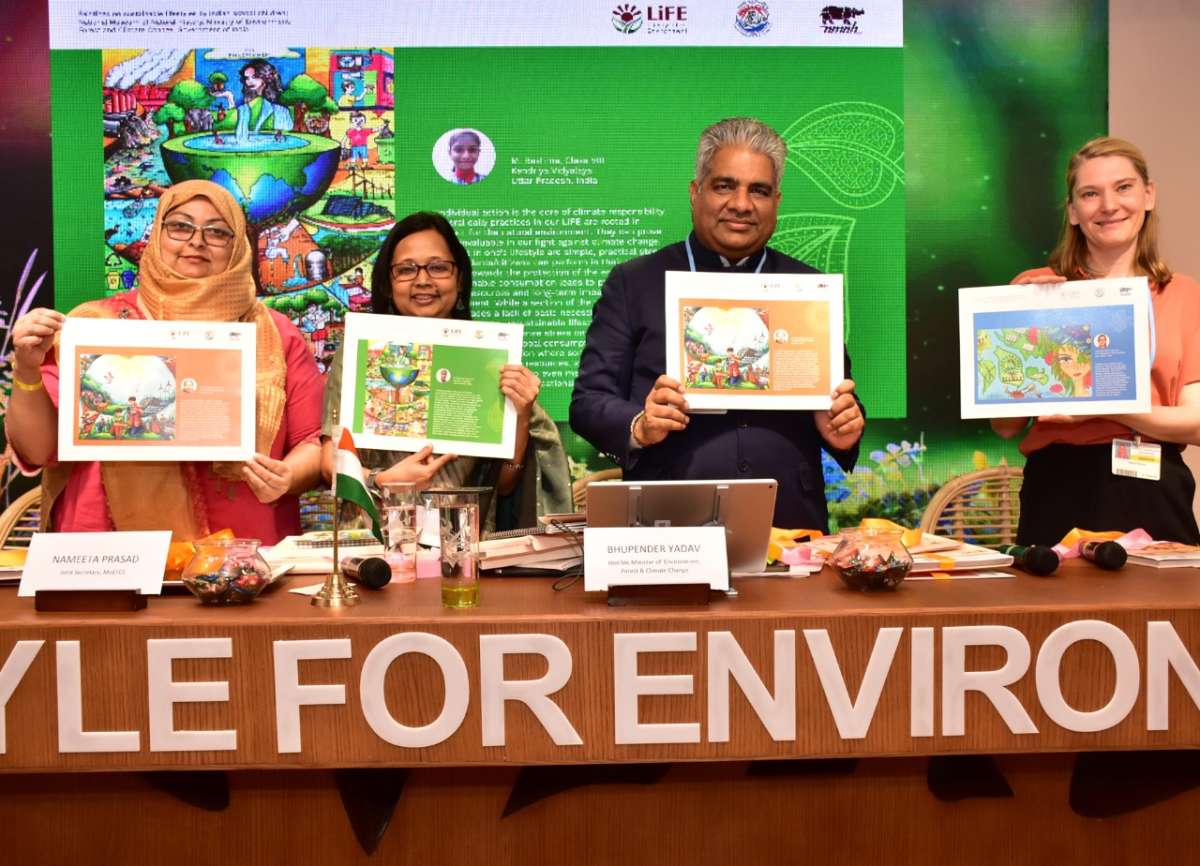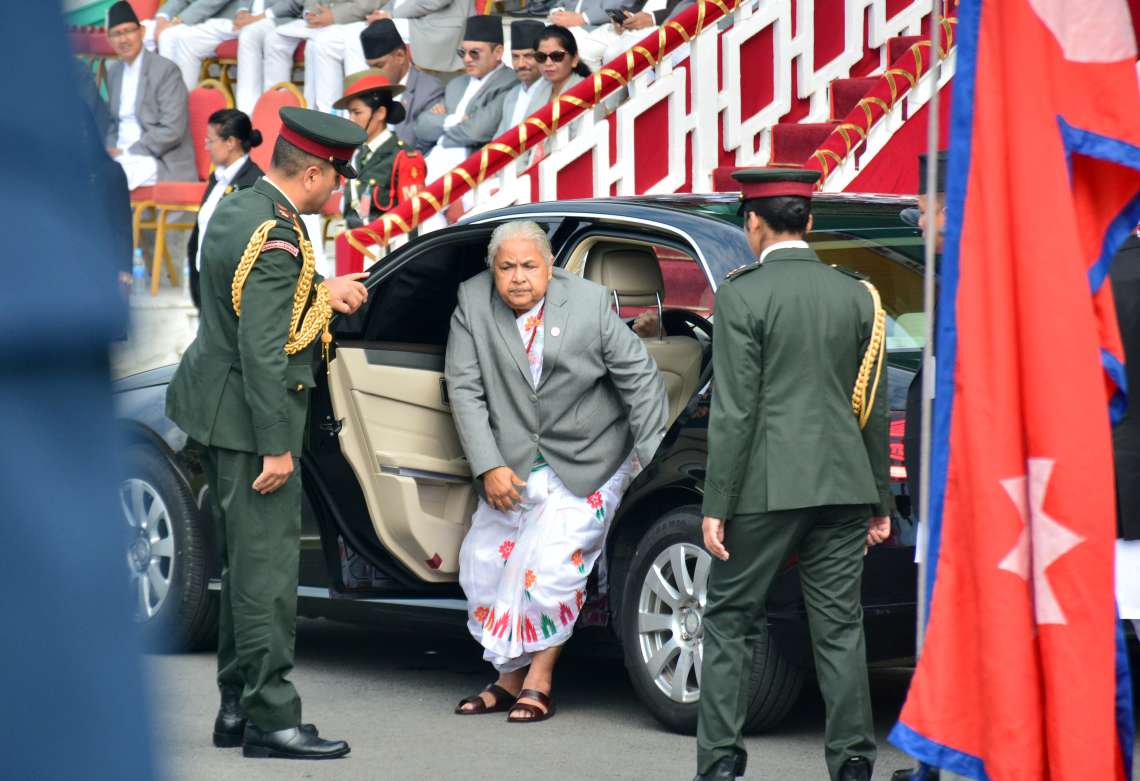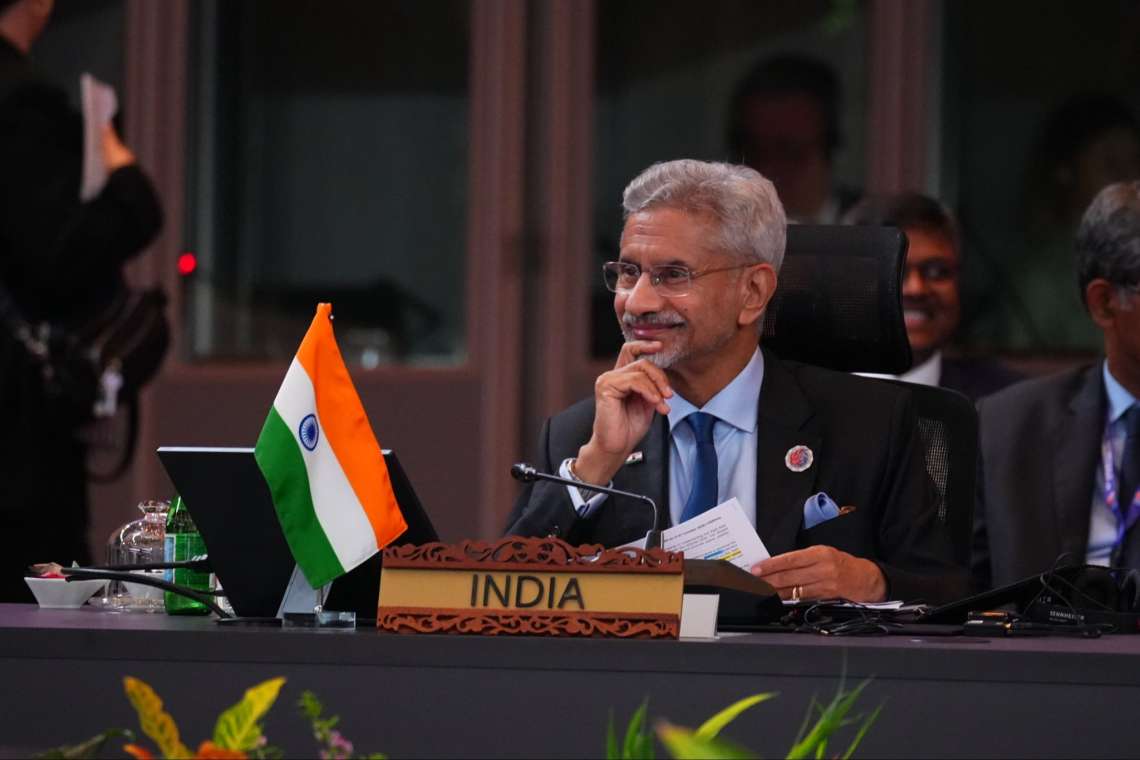India has kept in mind its development needs as well as the push for its Aatmanirbhar Bharat and Make in India initiatives – which will spur the country towards self-reliance and industrialisation….writes Rahul Kumar
India’s Environment Minister Bhupendra Yadav today released the country’s long term low emission development strategy to tackle the climate change crisis. It seeks to balance the use of natural resources while providing energy security to its people.
India becomes the 57th member nation to submit its strategy before the United Nations Framework Convention on Climate Change (UNFCCC). With the global convention resolute in limiting temperature warming to 1.5 degrees Celsius above preindustrial temperatures, the countries have to show the steps they will take to get there.
Spearheading Indian action towards reducing its emissions will be the use of biofuels – ethanol blending in petrol, increasing the use of electric vehicles and the increased use of green hydrogen fuel. Also on the anvil is a strong shift to public transport for passenger and freight.
The strategy submitted before the UNFCCC says that the National Hydrogen Mission launched in 2021 aims to make India a green hydrogen hub. It involves expansion of green hydrogen production, increasing electrolyser manufacturing capacity and a three-fold increase in nuclear capacity by 2032.
India has kept in mind its development needs as well as the push for its Aatmanirbhar Bharat and Make in India initiatives – which will spur the country towards self-reliance and industrialisation.
Talking about making a balance between these growth initiatives and low emissions, India plans to focus on improving energy efficiency through the Perform, Achieve and Trade (PAT) scheme, pushing “electrification in relevant processes and activities, enhancing material efficiency and recycling leading to expansion of circular economy, and exploring options for hard-to-abate sectors, such as steel, cement, aluminium and others”.
India’s long term emissions strategy also says that it is on track to fulfilling its Nationally Determined Contributions (NDCs) commitment of 2.5 to 3 billion tonnes of additional carbon sequestration by increasing its forest and tree cover by 2030.
India has also shown the mirror to the developed world over the climate politics of not sharing clean technologies with the developing world and keeping promises of climate finance hanging.
Mentioning clearly that India has little role to play in historical emissions, India’s pathway to development and growth will require significant amounts of energy. These will require costs for the “development of new technologies, new infrastructure, and other transaction costs. While several estimates exist, varying across studies, they all fall generally in the range of trillions of dollars by 2050”.
India’s pathway to achieving Net Zero would mean that: “Provision of climate finance by developed countries will play a very significant role and needs to be considerably enhanced, in the form of grants and concessional loans, ensuring scale, scope and speed, predominantly from public sources, in accordance with the principles of the UNFCCC”.
Commenting on India’s strategy, Ritu Mathur, Senior Energy Consultant, NITI Aayog said: “India has demonstrated its commitment in terms of planning ahead and delineating the priority areas for facilitating rapid action… Long-term strategies serve as a vital link between shorter-term NDC targets and the long-term objectives of the Paris Agreement. Moreover, they provide guidance regarding just and equitable transitions, promote technological innovations and help steer investments in the correct directions in light of future climate risks and sending early and predictable signals to investors about envisaged long-term societal changes”.














